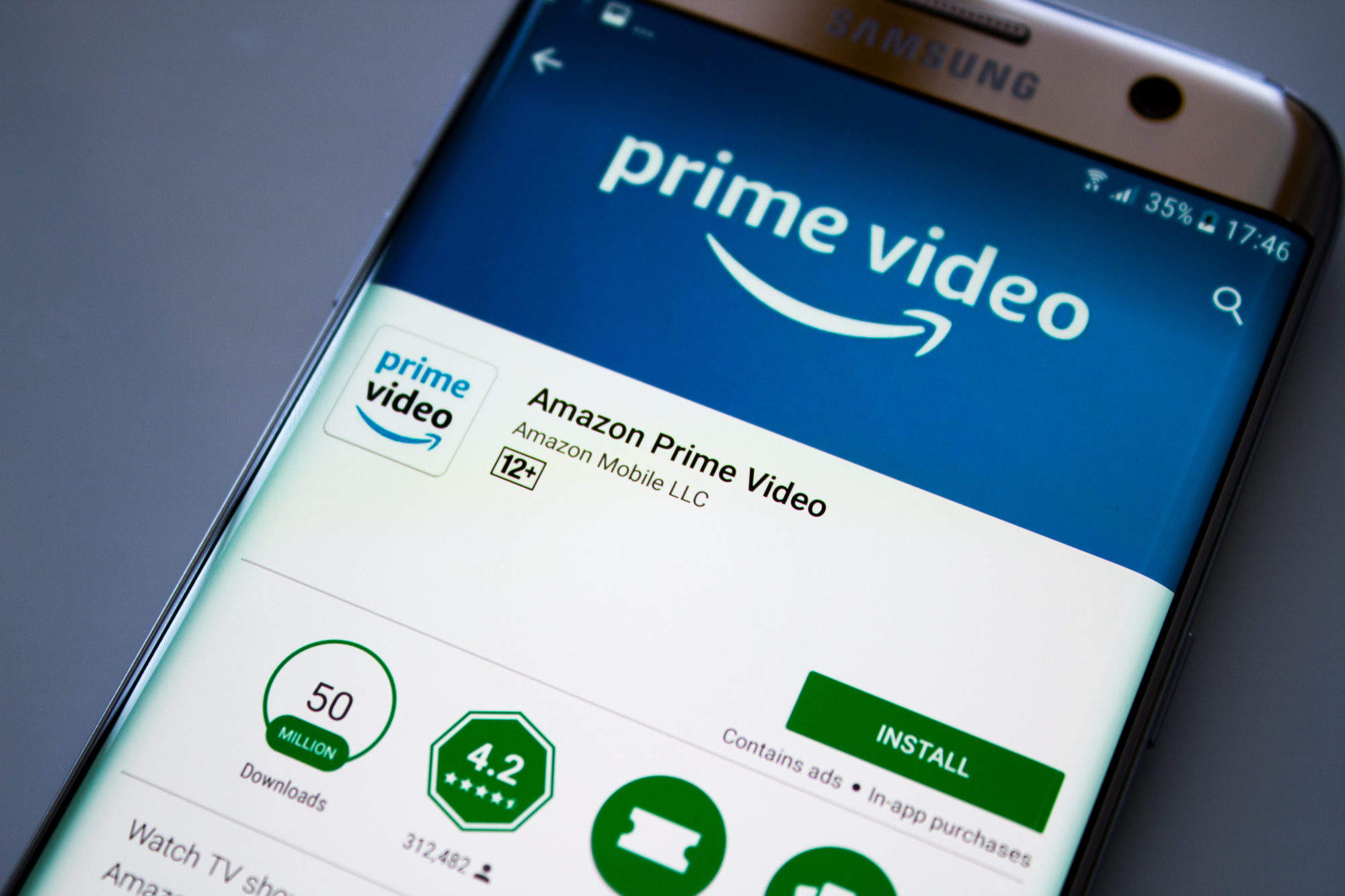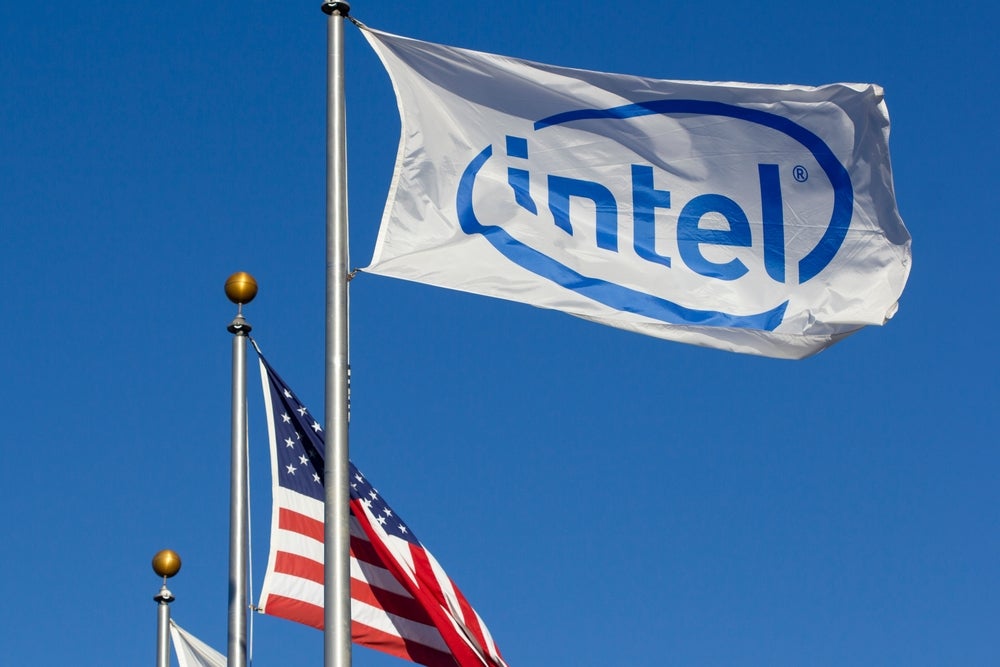
Amazon is now consumers’ third favourite choice for entertainment, showing the increasing ability of the e-commerce giant to break into markets beyond retail.
Research by trade association the Direct Marketing Association (DMA) found that people are now choosing the trillion dollar company (6%) ahead of the BBC (5%) to get their entertainment fix.
Part of that comes down to the content. Amazon originals have been central to bringing in new customers to its Prime subscription service.
Calculations by TechSpot show that The Man in the High Castle brought in 1.15m Prime subscribers, costing Amazon $63 per new customer for a $99 annual subscription when the series’ production costs are factored in.
Since launching streaming service in 2007, Amazon has expanded its Prime subscriber base to over 100m, making it the second largest behind Netflix.
Amazon’s perception as an entertainment giant will no doubt be bolstered by its success at the 70th Emmy Awards last night, which saw the company scoop eight awards.
How well do you really know your competitors?
Access the most comprehensive Company Profiles on the market, powered by GlobalData. Save hours of research. Gain competitive edge.

Thank you!
Your download email will arrive shortly
Not ready to buy yet? Download a free sample
We are confident about the unique quality of our Company Profiles. However, we want you to make the most beneficial decision for your business, so we offer a free sample that you can download by submitting the below form
By GlobalDataHowever, Amazon remains in the trail of Netflix when it comes to entertainment. The online streaming platform picked up 23 Emmys and tied with Sky for the top spot when it comes to consumer’s preferred choice for media (both with 10%).
More than movies
Away from entertainment, Amazon has also been in talks with firms across Europe to move into the insurance market. It also draws in revenue from its advertising operations and cloud computing business.
And in more familiar ground, Amazon today launched a new platform dedicated to small and medium-size businesses. It will feature over 1m products from over 20,000 sellers across the US and the UK.
“We’ve created a custom, one-stop shopping experience for customers looking for interesting, innovative and high-quality products from American businesses from all across the country,” Amazon vice president Nicholas Denissen said in a statement.
Nomura Instinet analysts told Business Insider that the new platform shows Amazon is “increasingly becoming more mall than a retailer, evolving as a collector of fees more so than a purveyor of products.”
For founder and CEO Jeff Bezos, not even the sky is the limit. Bezos is liquidating $1bn of his Amazon stock a year to fund his mission to the moon.
Amazon cracks entertainment but troubles could lie ahead
According to the DMA research, Amazon is the favourite brand overall for consumers, showing that allegations of poor working conditions in Amazon’s warehouse have done little to dent public opinion.
Amazon is also under fire for allegations that some of its employees have allegedly been deleting negative reviews and leaking consumer data in exchange for bribes, prompting concerns that the company is in breach of GDPR.
It is unclear if these allegations will have any lasting impact on Amazon, but consumers are increasingly wary about how their data is being handled.
“In the post-GDPR era, building long-term trust and loyalty is more important than ever,” said Scott Logie, Read Group’s customer engagement director.
“By looking at loyalty trends across different years, we have seen how many consumers are actually more loyal than they believe they are at heart.”
While Amazon also took the top spot for consumer’s favourite retailer with 12% of the vote share, the research showed that a third of people are not loyal to a particular brand.
“We feel like we’re less loyal, but this feeling is belied by our continued support for the brands we know and trust. It’s contradictory, of course, but moreover the issue of loyalty is an increasingly more complicated problem too,” said Rachel Aldighieri, managing director at the DMA.
“Consumers have more choice than ever before, but the key for brands is ensuring they are utilising the data and marketing channels at their disposal.”







